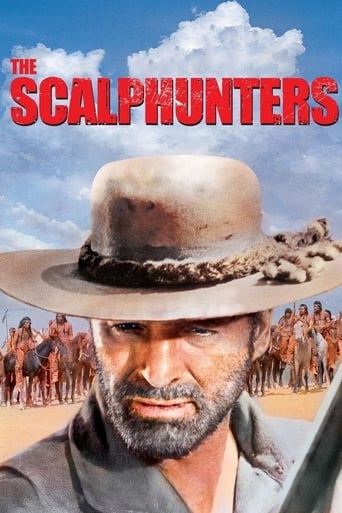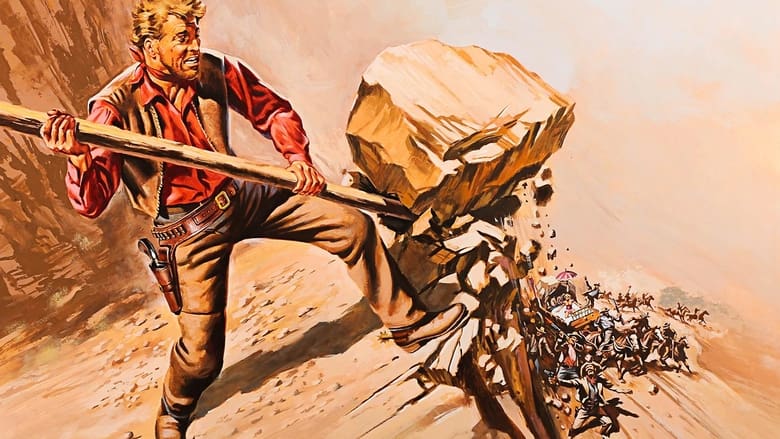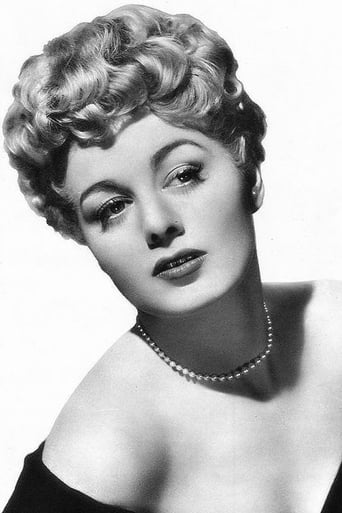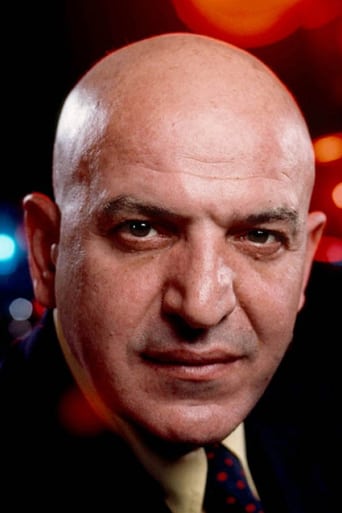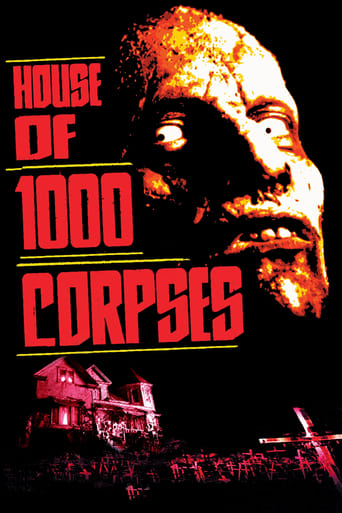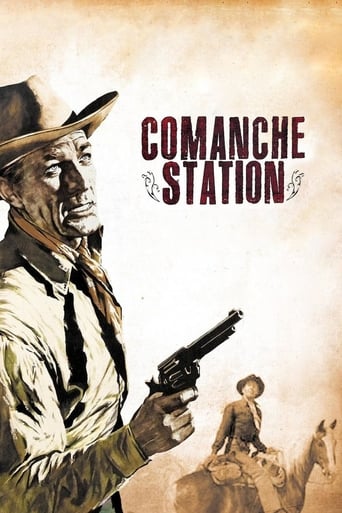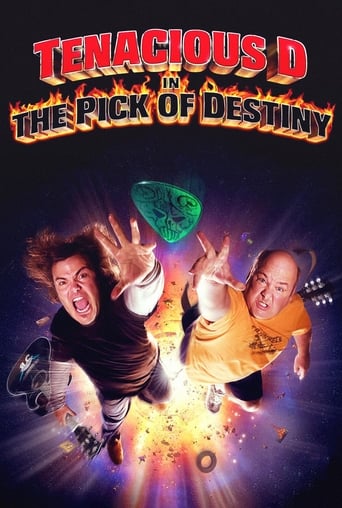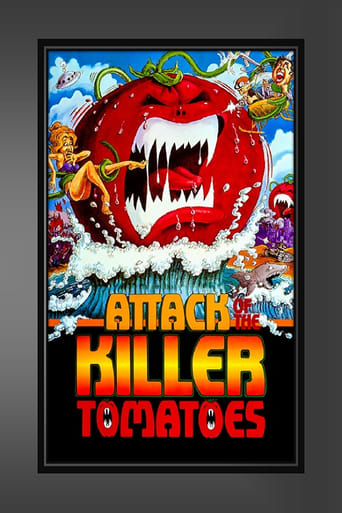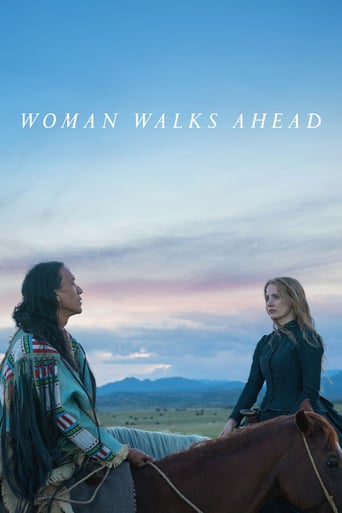The Scalphunters (1968)
Forced to trade his valuable furs for a well-educated escaped slave, a rugged trapper vows to recover the pelts from the Indians and later the renegades that killed them.
Watch Trailer
Cast
Similar titles
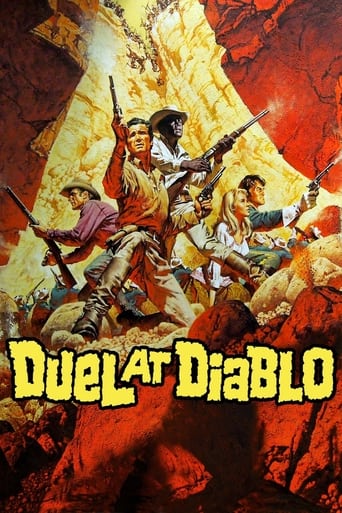
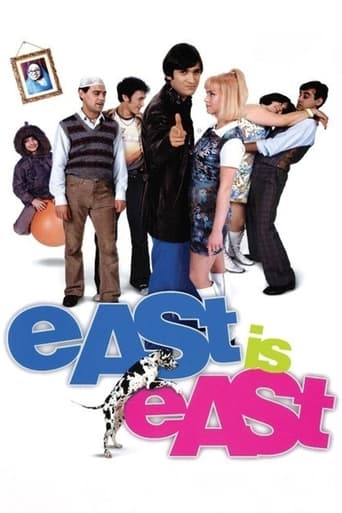
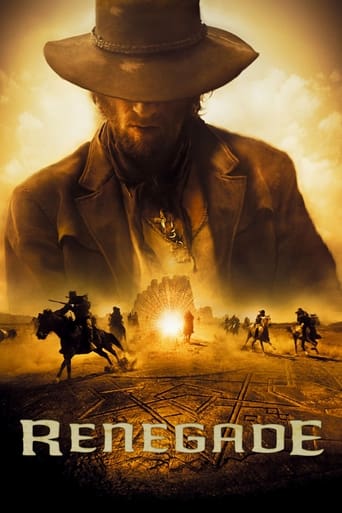
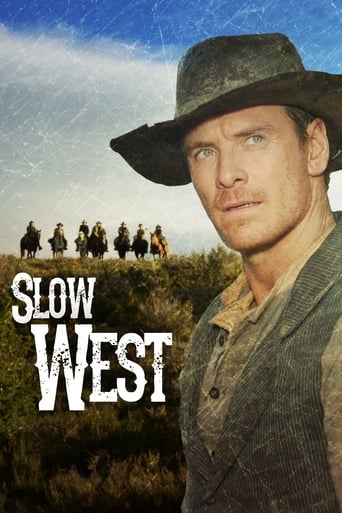
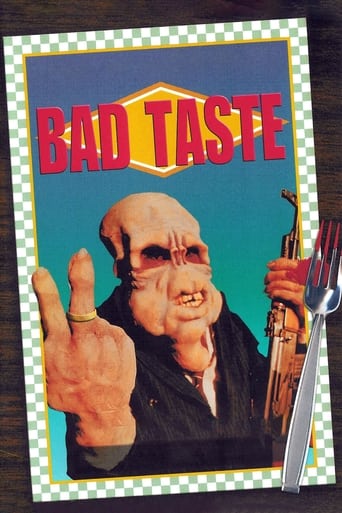
Reviews
Entertaining from beginning to end, it maintains the spirit of the franchise while establishing it's own seal with a fun cast
It is not deep, but it is fun to watch. It does have a bit more of an edge to it than other similar films.
The story-telling is good with flashbacks.The film is both funny and heartbreaking. You smile in a scene and get a soulcrushing revelation in the next.
Actress is magnificent and exudes a hypnotic screen presence in this affecting drama.
Covered in mudpacks dried from the sun, the white Burt Lancaster and the black Ossie Davis look exactly alike, ridiculing racists in an era where both the Native American and the black man found themselves fighting for freedom in different ways from the white man. It's the era of slavery, and the era of the American expansion of the west, so for the natives and slaves, it's a fight for survival. Burt Lancaster is amusing as the very determined Joe Bass, a fur trader whose catch is swiped with runaway slave Ossie Davis given to him in exchange. Intending to sell Davis himself as well as get back his furs, he is horrified when he witnesses the scalping of the Indian tribe he's been hunting, and now must switch his tracking of his furs to the ruthless gang led by Telly Savalas. When Davis ends up accidentally captured by Savalas, Lancaster must use his cunning, unaware that Davis is even more cunning than him, using brain, not brawn, to control the situation, even getting in the good favor of the blowzy Shelley Winters (as Savalas's mistress) who longs to settle down "as a lady", something even with her big heart is practically impossible.Even with the violence and blood, there's a huge element of humor in this, and the fun comes in watching the one-upmanship between Davis and Lancaster. Davis, having been a book reading house slave, is the most intelligent character in the film, having preferred bread and water along with freedom over cake and slavery. While involved in an evil and pointless profession, Savalas shows his signs of civility, treating Winters with respect and love, although an edited sequence indicates that at one point, he gives her a black eye. In fact, the only issue I could find with this film is the continuity, obviously because of issues in the editing room, giving details for an upcoming scene that never happens. But, when you've got a western film like this with all the action going on, there's little to quibble about in the way of keeping your interest. Lancaster is like a doberman with a bone when it comes to getting back his furs, and showing his disgust to the scalping of native Americans also indicates that he's got a moral base underneath his seemingly shallow exterior.First seen coming out of a covered wagon clad in a ripped negligee and feather boa, Winters is a sight to behold, and the joy that covers her face when Davis turns cactus leaves into shampoo makes you just want to hug her. It seems that she's making up for her cruelty to Sidney Poitier in "A Patch of Blue" with her humanity to Davis here, and she is the most likable and honest (brutally at times) of all the characters. This is indeed a roller coaster ride of a western, and it grabs you right from the very beginning. There are some cartoon like effects when Lancaster and the fairly passive Davis get into a fight, with the cartoon like bird sound appearing out of nowhere as Lancaster gets slugged. Davis is playing a variation of "Purlie" here (his most famous stage and screen role), and delivers an outstanding, beautiful performance that makes you wish he had been more of a movie star than he was. Even in its violence, it will have you laughing, although the violence towards the Indians is itself no laughing matter.
This is a pretty good movie that is worth watching. The acting is excellent, with nice performances by Burt Lancaster, Ossie Davis, Shelly Winters and Telly Savalas.Burt Lancaster seemed to particularly enjoy his role. Ossie Davis really holds the movie together. Shelly Winters is hilarious and Salavas does a very creditable job.I only had a couple of issues with the movie:The title "The Scalphunters" is beyond ridiculous. This is a comedy, and a pretty good and subtle one.At the beginning of the movie, a gang of twenty white men on horses ambush a group of ten or so drunken Indians, whom they brutally gun down and graphically scalp. This was such an intense and horrifying scene that I didn't realize until half way through the movie is actually a comedy.Other user reviewers on this site pointed out the anachronism of the repeating rifles. Because Ossie Davis' character is a slave, the movie must be set in the pre-Civil War period, when there were no repeating rifles. Lancaster's trapper character is well cast for the pre-Civil War west, but I'm not sure about Salavas' criminal gang. They claim the "territory" has set a bounty of $25 per Indian scalp. I'm not sure if any U.S. territory ever did that. I know the Mexican government did. They are on their way to Mexico. Maybe this is why. They claim to in the business of bank robbing, but I don't think there were ever many banks in the areas that fur trappers operated. Overall, I was confused by the historical context.
Oh serendipity! Picked up the disc of this one for next to nothing at a closing down sale with little or no conviction regarding the content. But it's glorious, and a real sleeper.What I really love about Burt Lancaster is the guy's enthusiasm; as Captain Vallo in Siodmak's light-hearted 1952 movie "The Crimson Pirate" you can see him really bounce around the set, emotionally and physically. It's no surprise to me that the guy was a circus acrobat before he was a movie star. And in 1968 the bounce is still there: at one point in the Scalphunters he jumps clean out of a high ditch. And it's not just Burt who's full of enthusiasm, you got Ossie Davis giving him a run for his money, and Telly Savalas (as the baddie), who always appears to me to have been a bit bored in straight roles, completing a trio of guys having an absolute ball. Incidentally I think that enthusiasm is why Lacaster's great transcendent role in "The Swimmer" (1968 - same year as this one) is so heart-breaking, because he's playing a bust enthusiast, and you can see it.The title "The Scalphunters" is severely misleading, makes it sound like the movie is about Indians killing folks. There's nothing, not a damn thing, about this movie that's straight like the type of boring western I was expecting.It's a movie that teeters on anarchy, and at the end gives a real one-fingered salute to any notion of reality. The key is delivered early on by Joe Bass (Lancaster): "there we are Joseph Lee, in the Garden of Eden just like Adam and Eve". It's a sublime adventure movie, never at any point in the movie do you see civilisation, the world here is all wide open country, ripe for quests, japery, and antics. I had that rosy feeling at one point that I got from reading William Morris (this pre-Raphaelite, mostly known for his textiles, was the first writer to set a novel in an entirely-created fantasy world, and you can feel the freshness in what he wrote because of it). Somehow the landscape where this film is shot is very strange, like a dusty place that's just received a torrent, there's green shoots and sparkling sunlight everywhere; this helps with the uncanny feeling.The dialogue is top whip, and full of sass. Shelley Winters is there as well, and gets a lot of praise for this movie, though I found her mostly distant support.Structurally, it's a circular movie, which I love, and is lovely; there's something wonderful about circles, about their lack of finiteness compared to most lines, which are just broken circles! Apologies for the esotericism of that comment.I haven't mentioned it yet but a lot of the movie thematically is about race relations. Ossie Davis' black character (Joseph Lee) is an escaped slave. The clever idea was for a little bit of role reversal, Joseph Lee is a genteel educated city slicker whilst Joe Bass is an illiterate thoroughly practical trapper. Although the movie is really funny and completely absurd (in a good way), there are moments of genuine heat in discussions about race between the two men. In the same key, when the comedy sublimates into action, the action scenes tend to be pretty snappy. The race wisdom here never ever appears preachy, and is often hilarious as well, like the time Joseph Lee tries to convince Bass that he's not a negro but a Commanche.Interstingly at one point Joseph Lee tells Bass that he's a good man because he likes his Bible and knows about Ham, the black man in the Bible. That's a line that's pretty easy to skate over, but I looked it up. Apparently Ham was one of Noah's sons, and, for a sin that isn't made too clear in Genesis, had his skin turned black as a curse - else his son Canaan's skin was turn black - and later migrated to Egypt where he became the father of the African peoples. This was used for a long time as a scriptural precedent for slavery, ie. God cursed Ham and all his descendants, and that slavery for them was just the natural order of things. I like me a movie like that, where just a throwaway remark can act as a diving board and have you swimming around in new perspectives and ideas.I've tried to give you the flavour rather than the story, as the flavour is the point. Hope that's OK.This is for Jen (Juliet Echo November), who is my friend.
Sydney Pollack's "The Scalphunters" is a briskly-paced, revisionist Western with an entertaining script and equally entertaining performances by a strong cast. Given the title, some viewers may expect a serious and gritty drama about the depraved scalp hunters who plagued the American West. However, in actuality, this well-written light-hearted film is a clever blend of both comedic and dramatic elements.The story is complicated, yet easy to follow: Joe Bass (Burt Lancaster) is a grizzled, Bible-reciting fur trapper with a monomaniacal attachment to his beaver pelts. Held up by Indians, Bass is forced to exchange his pelts for the tethered Joseph Lee (Ossie Davis), an escaped slave who formerly served an educated family in Louisiana. Bass and a reluctant Lee pursue the Indians but, through a twist of fate, Bass' furs fall into the hands of scalp hunters led by Jim Howie (the always engaging Telly Savalas), a burly ruffian henpecked by his prostitute-girlfriend Kate (a fussy, cigar-chewing Shelley Winters).It is the latter performances which is the key to the film's success. Lancaster, Davis, Savalas and Winters effortlessly spin out humorous performances. And the best scenes are the humorous ones, such as when Savalas yells at Winters' to stop singing those damn Mormon songs or when Savalas defiantly tells Lancaster that he will kill him then steps on a cactus while returning to the wagon.Yet for all its amusing tomfoolery, the film has a message: The axis of that message revolves around the dyadic relationship between trapper Joe Bass and the slave Joseph Lee; their hopes and their prejudices. Bass desires only to reacquire his pelts and Lee desires only to escape to Mexico. Both are reluctant to help the other. Each holds the other in contempt: Bass views Lee as a meek slave, and Lee views Bass as an uneducated hick. But, in the final scene, both characters are covered in mud; the color of their skin obscured. It is in this scene they find their equality, and one grasps the subtly of the film's psychology.
